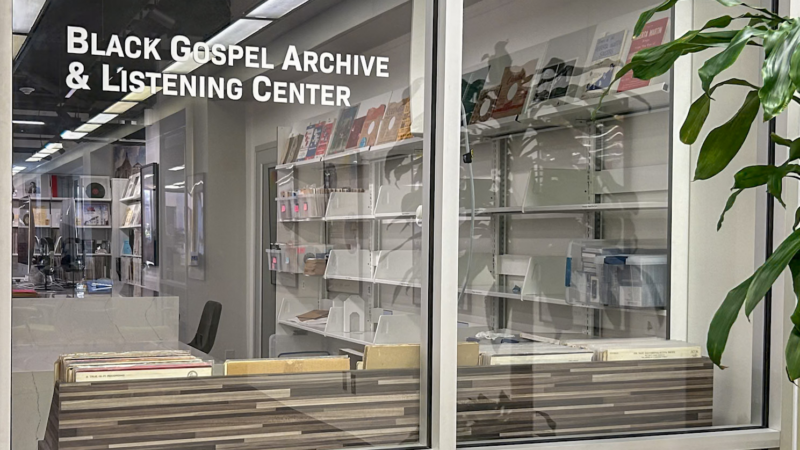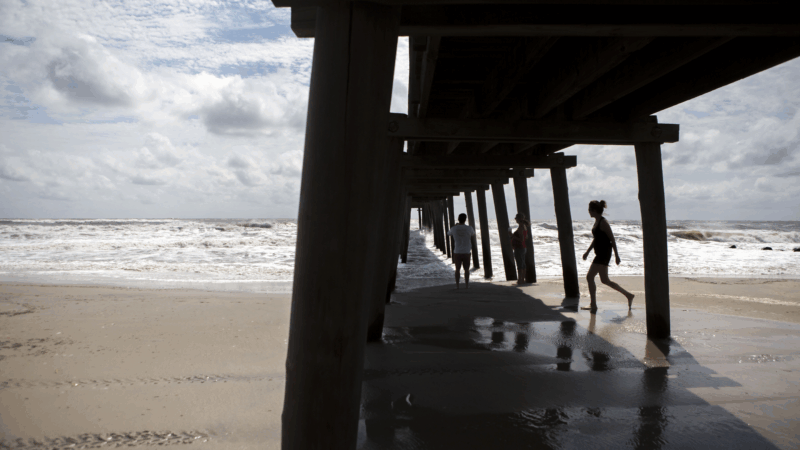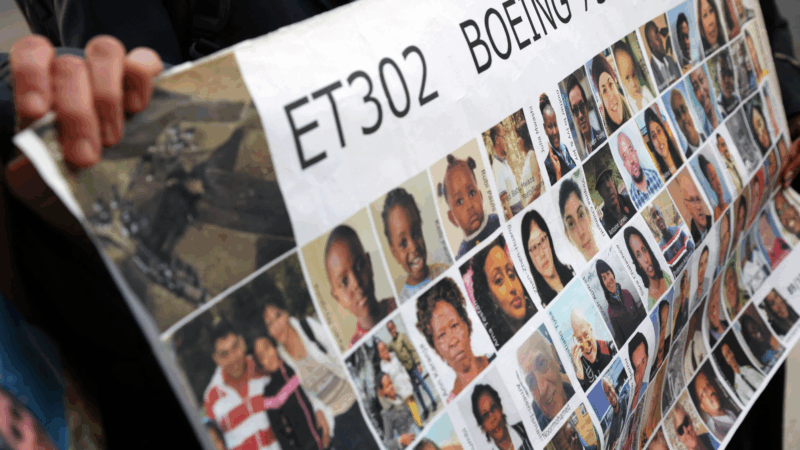Black Gospel Archive fills gaps in gospel music history
Over the past two decades, Baylor University’s Black Gospel Archive has collected and digitized more than 60,000 gospel songs, making it one of the largest digital gospel collections in the world.
The archive focuses on records from the “golden era of gospel music,” roughly 1945-1980. It also houses important artifacts like recorded sermons, concert announcements and sheet music, to preserve the history of Black Gospel culture.
Now, thanks to a new grant, the archive will expand its collection to include oral histories as well.
“It is the music that endured,” gospel historian Bob Darden says. He served as the lead researcher for the archive until his retirement in 2023.

Darden’s 2005 New York Times Op-Ed, “Gospel’s got the Blues” helped inspire the creation of the archive.
“And now, it continues to be one of the greatest legacies and greatest records of a period in American life, as shameful as it was,” Darden said about the gospel music in the collection.
At a time when Black Americans were protesting segregation and discrimination, gospel boomed as a form of protest. Songs like “We Shall Overcome” became anthems for civil rights protests.
“There were many forms of expression, and we’ve managed to save one,” Darden said. “That’s going to help us understand those who came before us.”
Many of the records in the archive are extremely rare. For example, the recording of “The Old Ship of Zion” performed by The Mighty Wonders of Aquasco, Md., is one of only two copies known to exist.
Little is known about the origins of each recording, unless someone associated with it contacts the archive.
These are the gaps it hopes to fill thanks to a Lilly Endowment grant received earlier this year. The archive will collect oral histories of those who lived through Gospel’s golden age.
“There are people still alive in their 80s and 90s that need to be interviewed,” archive researcher and ambassador Stephen Newby said. “This is going to allow me to go to them and interview them and ask them questions about their church histories and about gospel music.”

He said those oral histories are some of the biggest elements the archive is missing.
“I see the gaps in the story,” Newby said. “This is going to allow me to take some time to fill some of those gaps.”
The grant will also fund a four-year concert series starting in Chicago and Detroit.
Newby said there is no way to know how many uncatalogued gospel records are out there, but the team will keep digitizing them as long as donors keep sending them.
Trump shrinks National Security Council in major foreign policy shakeup
The NSC has traditionally played a pivotal role in advising the president for his biggest diplomatic and security decisions. But in Trump's second term, it has seen its influence shrink.
Backyard feeders changed the shape of hummingbird beaks, scientists say
A new study details the evolutionary change of Anna's Hummingbirds, finding their beaks have grown longer and more tapered to get the most from common feeders.
Cold case solved: College students help ID the remains of a 19th century sea captain
Remains of the "Scattered Man John Doe" began washing ashore in New Jersey in 1995 and went unidentified for the next three decades. Students at Ramapo College set about to solve the mystery.
Trump seeks to boost nuclear industry and overhaul safety regulator
A series of executive orders aims to promote new kinds of nuclear reactors while restructuring the body in charge of nuclear safety.
What’s Possible — AI in Alabama
Every so often, a new technology arises that transforms everything it touches. It fundamentally alters how we relate to each other and the world around us. Right now, the technology with that potential is artificial intelligence. On "What’s Possible – AI in Alabama," a locally-produced special by WBHM, we dive into a conversation about what AI means for the state.
DOJ confirms it has a deal with Boeing to drop prosecution over deadly 737 Max crashes
The Justice Department says it has reached an agreement in principle with Boeing to drop criminal charges over two fatal crashes of 737 Max jets, despite objections from some victims' family members.








